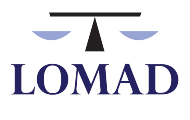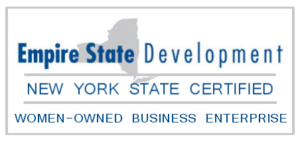In Matter of Darcon Construction, Inc., 2011 NY Wrk Comp. G0223167, the Board stated that the liable carrier in an occupational disease situation would be the employer’s general workers’ compensation carrier, thereby relieving carriers on wrap-up policies of liability. Following several cases in which the Board began to chip away at that decision, the Board expressly disavowed the case in Matter of Pinnacle Industries II, LLC, 2019 NY Wrk Comp G2020587. The Board stated,
In hearing loss cases, pursuant to Workers’ Compensation Law § 49-ee(1), “[t]he last employer in whose employment the employee was exposed to harmful noise … [is] liable for the payment of the total compensation due the employee for his loss of hearing caused by all of his employments in which he was exposed to harmful noise.”(Woodruff v Goulds Pumps/ITT Indus., 18 A.D.3d 1063 [2005]).
Neither statute indicates that liability is contingent on the type of policy in effect on the date of disablement. Therefore, it is the opinion of the Board that liability in these occupational disease claims is appropriately placed on the carrier whose policy was in effect on the date of disablement, and whose coverage included the site at which the claimant was working on the disablement date, without distinction as to whether the policy in effect on that date was a wrap up policy. Pursuant to the foregoing finding, the Board expressly disavows its prior finding, in Matter of Darcon Construction Inc., to the extent that it found that wrap up policies do not cover occupational disease claims.
Good news for carriers with the general policy for employers, but bad news for wrap-up carriers. General policy carriers should now be looking for wrap-up policies that cover the claimant’s work location on every occupational disease claim filed. We’ve seen some wrap-up carriers argue that public policy would dictate that the Board should reverse this disavowal, as Pinnacle Industries requires them to take on unfunded liability because their policies would have been written with the understanding that they wouldn’t be liable for occupational diseases, and so they wouldn’t have charged premiums sufficient to cover this liability. We think that’s likely to go nowhere. A similar argument had already been shot down by the Court of Appeals when carriers tried to argue that closing the door on Section 25-a transfer of liability required them to assume unfunded liability. So far, the Board hasn’t taken that bait. But a prudent carrier should have counter-arguments at the ready to defeat such arguments. Namely, that the contract between the carrier and the insured consistently assumes the risk of legislative change and that liability for any benefit required of employers by the WCL ultimately rested with the carrier. At most, the contract became less profitably, and there’s always a risk of premiums being insufficient to cover a carrier’s liability, which is a risk inherent in the insurance market.
In other words, them’s the breaks!

